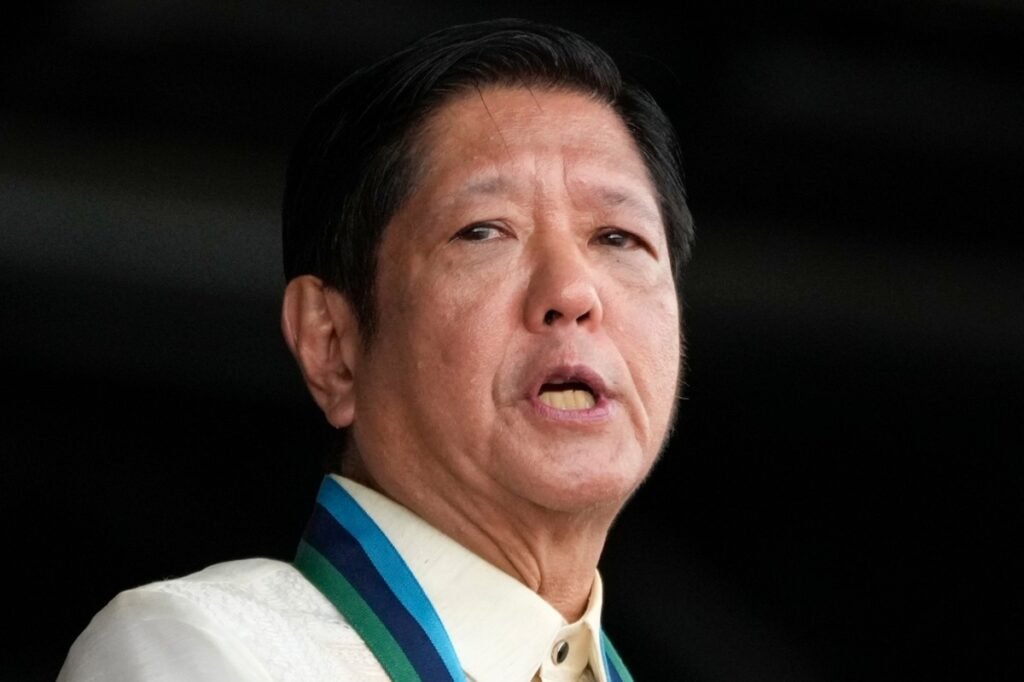Philippine Economy Stable Amid Reforms, Attracting Investment
Background
Philippine Finance Secretary Ralph Recto recently underscored the nation's economic resilience, asserting a solid foundation for growth despite ongoing governance reforms. His statements aim to reassure investors and the public of the Marcos administration's unwavering commitment to stability and accountability, even as it navigates internal challenges.
Market Context
Secretary Recto highlighted sustained investment prospects, emphasizing that the government is actively working to address governance issues. He stressed that rebuilding public trust is paramount for attracting capital, fostering business expansion, and ultimately creating employment opportunities across various sectors. The administration is implementing a comprehensive strategic plan to align public spending with national priorities, targeting accelerated economic growth and efficient resource allocation.
Local Relevance
As budget deliberations continue in Congress, Recto urged lawmakers to approve a 2026 national budget that precisely reflects fiscal discipline and the administration's reform agenda. Key objectives include prioritizing expenditures with high multiplier effects, enforcing strict fiscal discipline, and imposing targeted austerity on non-essential government spending. This strategic approach aims to maximize the budget's impact on the nation’s growth trajectory. Furthermore, with October inflation recorded at a low 1.7 percent, the Bangko Sentral ng Pilipinas gains crucial flexibility to adjust interest rates, potentially stimulating domestic economic activity and boosting consumer confidence.
Outlook
For Kuwait and GCC investors, the Philippines represents an increasingly attractive emerging market with significant growth potential. A stable economic outlook, coupled with the government's proactive governance reforms, enhances its appeal for foreign direct investment. Kuwaiti businesses seeking diversification or expansion into Southeast Asia may find compelling prospects in infrastructure development, technology, and other burgeoning sectors benefiting from Manila's pro-growth policies. The substantial Filipino expatriate community residing in the Gulf also forms a vital economic link through consistent remittances, further connecting the two regions' economies.
The Marcos administration's dual focus on reinforcing economic strength and implementing crucial governance improvements signals a concerted effort to foster a transparent and attractive investment climate. Investors will closely monitor the timely passage of the national budget and the diligent implementation of proposed reforms, including measures aimed at enhancing transparency and combating corruption. These steps are crucial for sustaining long-term economic growth and solidifying the Philippines' position as a reliable and dynamic investment destination within the broader global economy.







